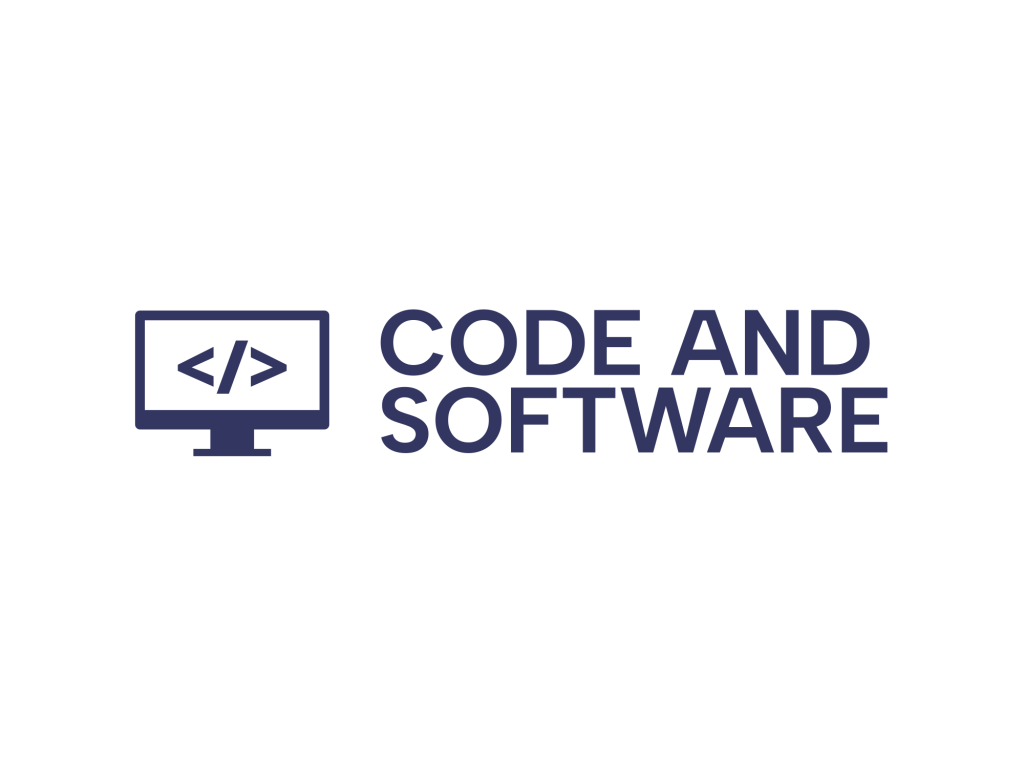With the rapid evolution of digital commerce, a well-optimized ecommerce site search solution has become a cornerstone of successful online retail. Customers expect fast, relevant results tailored to their needs. A high-performing search experience not only improves user satisfaction but also significantly boosts conversion rates and average order values. Therefore, building an intelligent, effective, and responsive search system is essential for any ecommerce business aiming to compete at the highest level.
Core Components of a High-Performing Ecommerce Search Solution
An effective ecommerce search engine is far more than a basic query box. The best platforms incorporate advanced technology and user-centric design to meet changing shopper expectations. Here are the key components every online business should include in its site search solution:
1. Natural Language Processing (NLP)
Modern shoppers use conversational phrases rather than basic keywords. NLP allows the search engine to understand queries like “red dresses under $100” or “wireless noise-canceling headphones.” It breaks down language structure to interpret user intent, leading to more accurate and meaningful search results.
2. Predictive Search and Autocomplete
A high-performing search bar should offer autocomplete suggestions after just a few keystrokes. Predictive search saves users time and helps guide them toward popular or relevant results. When implemented well, it significantly reduces bounce rates and encourages quicker purchasing actions.

3. Personalization and Behavioral Learning
Personalized search relies on browsing history, previous purchases, geographic location, and other data to customize results. As the user continues to interact with the site, the system adapts and refines future search outcomes. This leads to a more engaging experience and higher customer loyalty.
4. Intelligent Filtering and Faceted Navigation
Users often arrive at a product search with specific qualities in mind. Faceted navigation allows them to filter by price, size, color, brand, rating, and more—enhancing visibility into the catalog and shortening the path to purchase.
5. Visual and Voice Search Capabilities
Integrated visual search lets users upload or take images to find similar products, while voice search accommodates hands-free browsing. These tools cater to a diverse range of buyers and meet the expectations of modern mobile-first users.
6. Mobile Optimization
Over 50% of ecommerce traffic now comes from mobile devices. Therefore, the search interface must be mobile-optimized, with easy tap targets, fast loading times, and responsive design features to support a smooth user journey.
7. Synonyms, Misspelling Tolerance, and Multilingual Support
Customers often make spelling mistakes or use variant terms (e.g., “sneakers” vs. “trainers”). Advanced search solutions include a strong synonym library and misspelling tolerance mechanisms to account for such discrepancies—ensuring relevant results even when user input isn’t perfect.
8. Analytics and Search Reporting
Measuring the performance of search queries, identifying high-exit terms, and discovering new keyword trends can guide merchandising decisions. Search analytics provides deep user insights and helps optimize product placement, marketing copy, and inventory strategies.
Benefits of a Well-Optimized Ecommerce Search
- Increased Conversion Rates: Users who search typically demonstrate high purchase intent. A seamless search experience can directly influence sales.
- Improved User Experience: Fast, relevant, and personalized search gives users confidence and satisfaction.
- Lower Bounce Rates: When users find what they need quickly, they’re more likely to stay and browse further.
- Enhanced Product Discovery: Advanced search exposes lesser-known products that align with user intent.
FAQ
What is faceted search in ecommerce?
Faceted search allows users to filter search results based on multiple attributes such as color, brand, size, and price. It simplifies product discovery by narrowing choices to match precise criteria.
Why is NLP important for ecommerce search?
NLP helps interpret complex user queries by understanding context, intent, and language variations, delivering more accurate results and reducing frustration.
How does personalization improve ecommerce search?
Personalized search leverages user data to display products and content tailored to individual behavior, increasing engagement and likelihood of purchase.
Can ecommerce search systems handle multilingual queries?
Advanced search systems can support multiple languages through language detection, translation, and synonym optimization, enabling global reach and inclusivity.
What role does analytics play in ecommerce site search?
Analytics helps identify search trends, optimize underperforming queries, and improve product listings, ultimately enhancing the ecommerce strategy and increasing ROI.


Leave a Reply